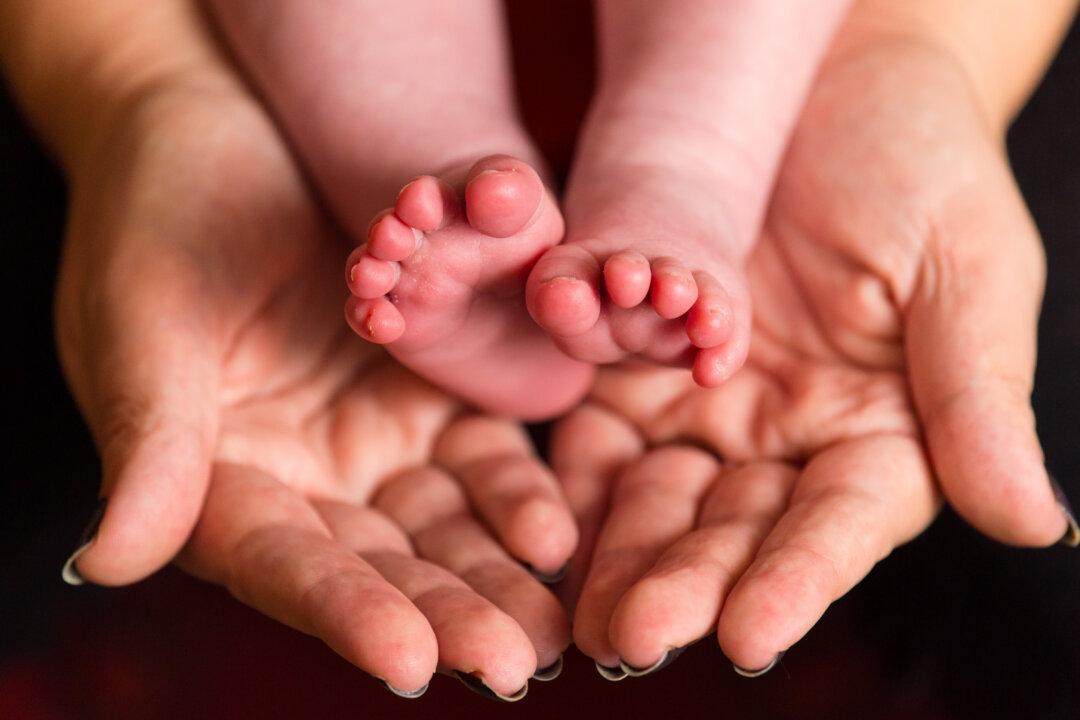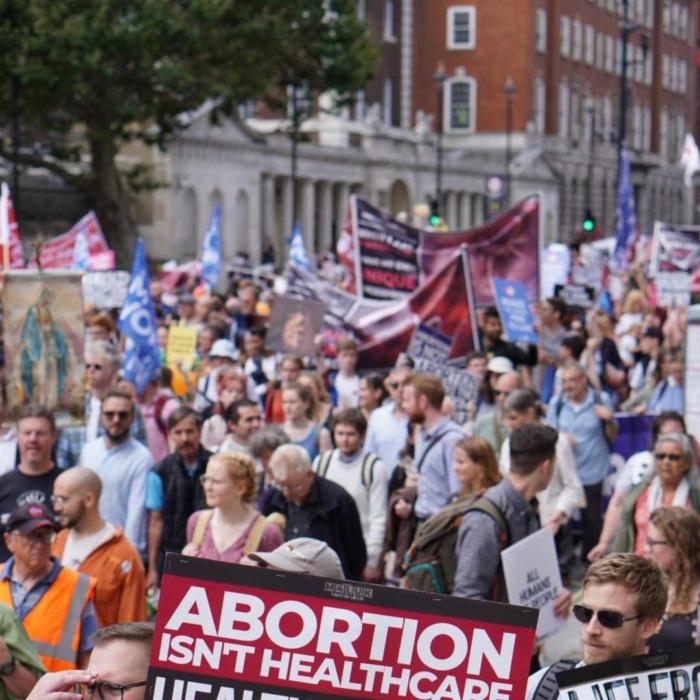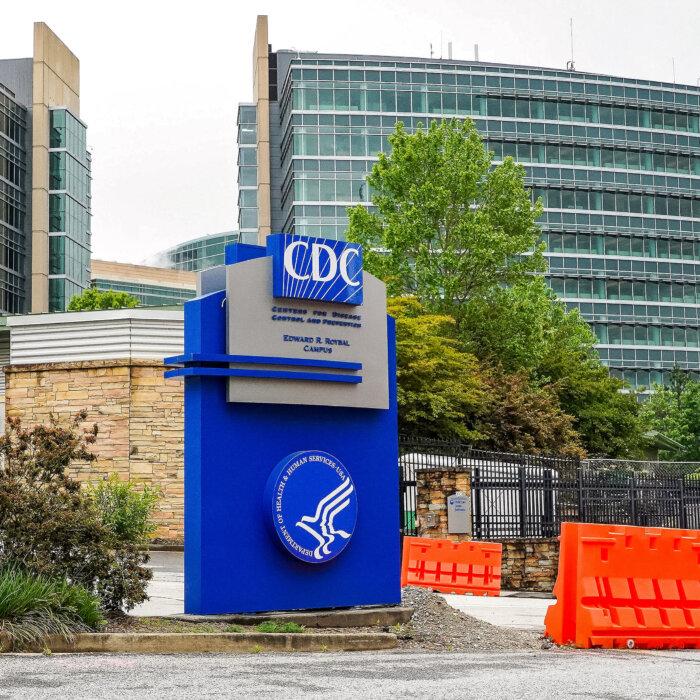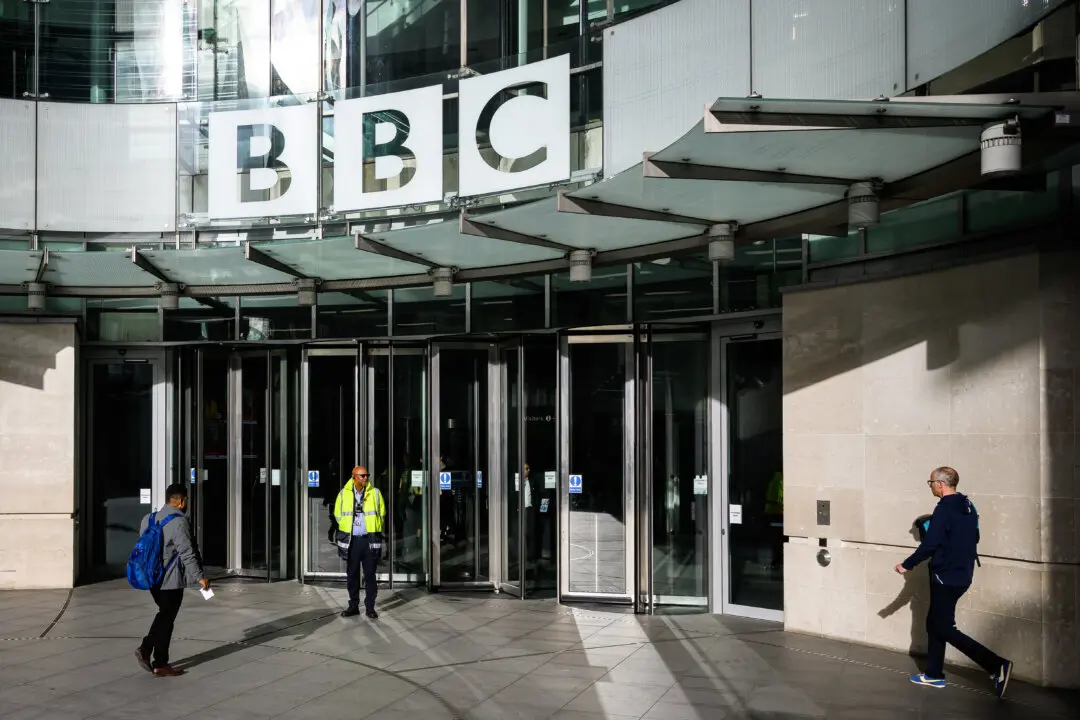Freebirthing advocates have defended the practice, saying many women have a very positive experience after the NHS warned of its potential dangers following a rise in the number of mothers choosing to labour without medical assistance.
The number of free births is not officially documented but the number of home births—including those with no medical assistance and those which take place with a midwife present—are recorded, with an observable increase since the lockdown era began.
Figures show an increase in home births, from 2.1 percent between 2016 and 2019, to 2.5 percent of all births in 2021, according to a report by the Health Service Journal, equating to about 17,400 of the 694,685 babies born that year.
During the lockdown era, there were reports of women being asked to labour wearing a mask, and of fathers and other support partners being barred from the delivery room, leading to mistrust between some expectant mothers and the medical system.
Midwives were temporarily banned from visiting pregnant women’s homes, leading to some mothers choosing to opt out of the medical system and go it alone.
Ms. Starck, who briefly trained as a midwife before training as a doula, said: “A birth keeper provides non-clinical, holistic care, whereas a midwife is clinical. Midwives now are, unfortunately a product of the system.”
Women’s ‘Last Chance for Autonomy’
“I saw it as women’s last opportunity for autonomy. I saw women being treated like they didn’t matter. Masked to give birth and then more coercion and forced medical interventions. This is not new—the medicalisation, you might say sabotage, of the birth process has been going on for a long time, but when they introduced the COVID-19 jabs, I started to get quite worried.”From a Telegram group she set up, Ms. Starck said she knew the demand for holistic births existed, and so she created a childbirth companion course.
“If women want to have a birth outside of the system, or even with just a toe in the system, we provide them with non-clinical, holistic care. We teach them their rights ... and we provide them with evidence-based information, so they can make informed choices.”
“The heartbreaking thing is, women enter the system happy and healthy, and they leave downtrodden and traumatised, and they believe their body has failed them, when their body has not failed them—the system has failed them. I really need women to understand that birth trauma is common—not normal.”
Ms. Starck says she does not encourage either home or hospital birth, but rather informed consent, because in her view, a home birth is not right for every woman.
“It all depends where you are on your life journey,” she said, adding that the lockdown interventions “woke a lot of people up” to start questioning the entire medical system.”
“I think women started thinking, is childbirth a medical event, or a natural event?
“I’m not dogmatic; I always ask women why they want a free birth,” she says. “There are huge risks to giving birth in hospitals ... home birth is statistically safer.”
She said home births “significantly” reduce the rate of caesarian sections as well as birth trauma, adding that the suggestion in some media that women are choosing to freebirth because of Instagram influencers is “insulting to women.”
She believes the main reasons that birth goes wrong and why historically many women died in childbirth —and still do in poorer countries - are connected to poverty, poor hygiene and overcrowding, allowing disease to spread—not the childbirth process itself.
“But the other main reason why birth goes wrong (today) is over-medicalisation. When in labour, we release a hormone called oxytocin... when you release adrenaline, the oxytocin stops, and we need that oxytocin to stop bleeding after birth, as well as to bond with the baby.”
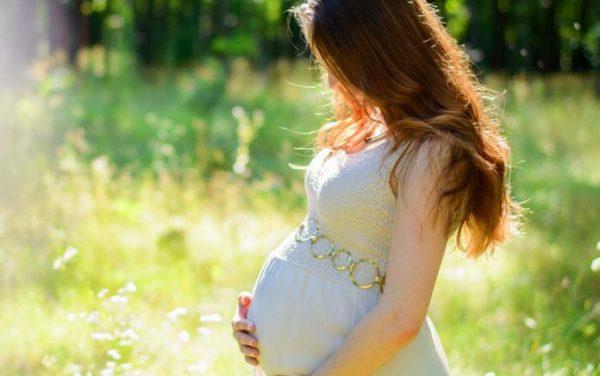
Sandra Spacey has given birth seven times, and says her best experience of childbirth “by far” was when she gave birth unassisted at home—although this was not a deliberate choice, as the baby came quickly.
In 2014, she was in her sixth pregnancy and lived in an area over an hour from the hospital. From her previous pregnancies, she knew she gave birth quickly, and requested a home birth rather than risk the baby coming while she was in the car.
She said the hospital staff “tried everything” to deter her, telling her it was inadvisable and she was “too old”, but she stood her ground and they eventually agreed. But when she went into labour, the midwife did not get to her in time, and so she ended up giving birth in the living room, with only her husband present.
“It was the best experience ever. It was so lovely. Less painful, less traumatic, it was just amazing.”
She said it was much preferable to her other birth, and says she wishes she had had the confidence with her earlier pregnancies to do the same.
“It wasn’t encouraged. It entered my head in the sense that I don’t like being interfered with, and I'd rather be on my own, but I never had the confidence to carry that forward.”
“Other people question your decision, and it does put doubts into your mind. I would have felt guilty if anything had gone wrong. But things can go wrong in hospitals, where they are seeing to a lot of people. I think that caesarian sections and things like that are done too matter of course these days, because it’s just quicker and easier for them (the staff) but not for the mother.”
She had another child after the freebirth, and wanted to have a home birth, but was advised to make her way to hospital and ended up giving birth in the ambulance—an experience she describes as “horrendous.”
She adds that doctors and nurses “have their place,” but modern medicine often forgets that female bodies are designed to give birth naturally and to self-heal.
“I think we need to learn to trust our own bodies. Until my (free birth) I was always a bit scared of giving birth. I don’t think it’s the fear of childbirth itself, it’s the fear or being watched and poked and prodded.”
Unassisted births are not illegal and women have the right to decline any procedure they do not want during their pregnancy and delivery, although is against the law not to register a child’s birth.
The Royal College of Obstetricians and Gynaecologists (RCOG) said that women should be supported to have the birth they choose but “safety is paramount,” and parents should be aware of the risks of free-birthing.
Professor Asma Khalil, vice president of RCOG, said that women “have the right to give birth in an environment in which they feel comfortable”.
She added: “However, safety is paramount and, while most births are uncomplicated, advising women about the potential risks is crucial for informed decision-making.
Midwives Are ‘Concerned’
The Royal College of Midwives said it is looking into the issue, adding that “midwives are understandably concerned about women giving birth at home without assistance, as it brings with it increased risks to both the mother and baby.”Surrey NHS Trust last week announced it would not send a midwife for a home birth if mothers-to-be intent on a freebirth change their minds at the last moment, meaning a woman would have to make her own way to hospital or call an ambulance.
A spokesman for the trust said: “As health care professionals, we have a duty to provide information about the associated risks and offer them the opportunity to engage with care at any point in their pregnancy journey.
“If we are contacted to help a woman in labour who is not booked for care with us, we will assess the best way for her to come to the hospital and support the process to achieve safe transfer.
“We will provide all care required to the best of our abilities within our maternity service on arrival, ensuring the safest care for mothers and babies.”
Fewer than half of all babies were born by unassisted vaginal birth, meaning the use of other interventions such as forceps, is increasingly common. Health experts believe the main driving factors behind the trend away from unassisted births is an increase in average maternal age and increasing levels of obesity in child-bearing women.
